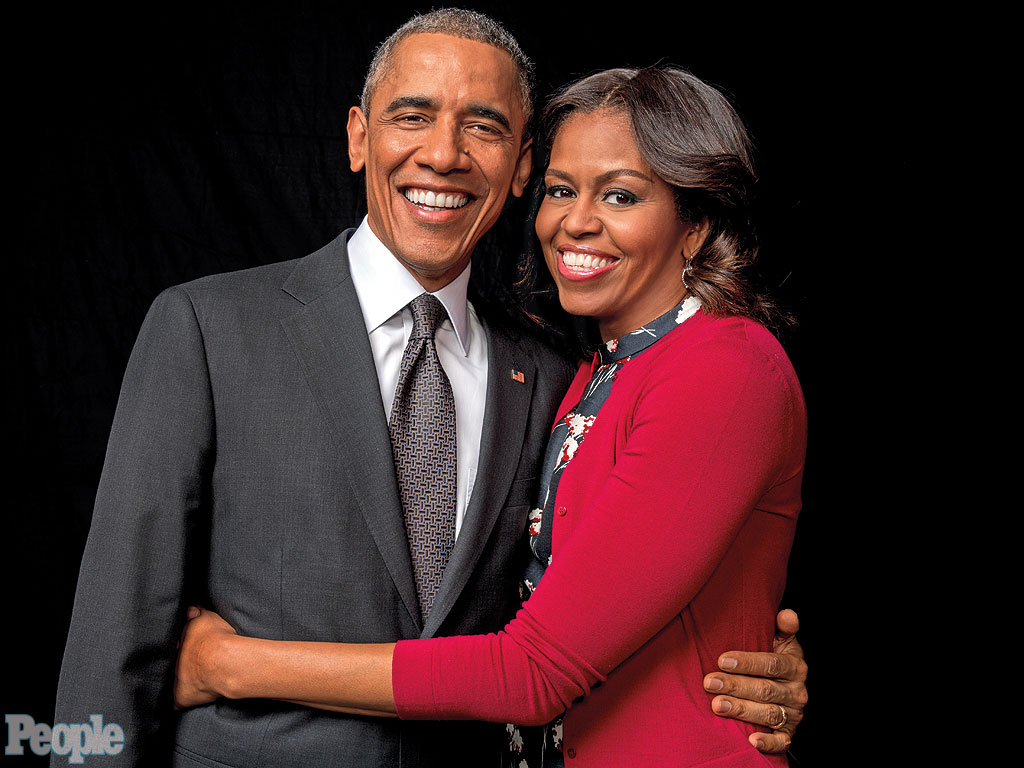Hispanic Or Latino? That Is The Question
Tell Me More
National Public Radio
2009-09-25
Michel Martin, Host
Sept. 15 to Oct. 15 is being celebrated as Hispanic Heritage Month, but the some say the word “Hispanic” should be retired, and would rather be referred to as Latino. Host Michel Martin speaks to four Latinos with varying opinions on the subject — syndicated columnist Ruben Navarrette, Afro-Latino Activist Roland Roebuck, “Ask a Mexican” columnist Gustavo Arellano and Tell Me More Planning Editor Luis Clemens.
I’m Michel Martin, and this is Tell Me More from NPR News. It’s time for our weekly visit to the Barbershop, where the guys talk about what’s in the news and what’s on their minds. And this week, we’re going for a different kind of shape-up than we usually do, you know, switching it up a little bit.
It’s Hispanic Heritage Month, and to mark the occasion, we’ve decided to represent right here in the Barbershop. So sitting in the chairs for a shape-up this week are syndicated columnist Ruben Navarrette, who writes for the San Diego Union-Tribune and CNN.com, Gustavo Arellano, who writes the syndicated column “Ask a Mexican,” community activist Roland Roebuck, and NPR editor Luis Clemens, our own. Welcome to you, and dare I say it? Hola…
…MARTIN: All right. And before we jump into other topics, I have to ask, this being Heritage Month, let’s start with the title itself. Whenever, you know, I have to choose, I always have this little moment, you know, why Hispanic versus Latino Heritage Month? Does it matter? Gustavo, I’m going to start with you because this is actually something you’ve written about and thought about a lot. So Hispanic versus Latino, why? Which?
Mr. ARELLANO: Which one? Honestly for me, it’s whatever people want to call themselves, whatever makes them more comfortable. Some people don’t like either of the labels. They want to call themselves Chicano or Boricua, or whatever their particular labels may be.
The reason why it’s called Hispanic Heritage Month is because it comes from the federal government deciding that hey, guess what? We’re all Hispanics, and this happened – the urban myth is that Richard Nixon was the godfather of Hispanics. That’s what Richard Rodriguez, the noted author said, but it was actually done during the Ford administration. And literally, it was done in the back room of some government hall where they took a poll. Should we call these people Latinos or Hispanic?
So Hispanic won. So in that case, that’s why I don’t like the term Hispanic. I don’t like the government telling me what I should call myself. I’d prefer Latino. But again, if you want to call yourself Hispanic, then God bless you. Or Dios bless you, right?
MARTIN: Okay, why do you prefer Latino?
Ms. ARELLANO: Just because it’s more out of, you know, out of eliminating the other part that I don’t like. So I don’t – I mean, I don’t like Hispanic only for that term, so I’ll use Latino. But me personally, I call myself Naranjedal(ph), a child of, you know, an orange-picker because I come from Orange County, California, and my grandparents were orange-pickers. So that’s what I would call myself, and that’s where – whenever I go across the country, that’s what I tell people I call myself. But, of course, only a very limited amount of people can call themselves that. So if I’m going to express brotherhood with the fellow people that were colonized by the Spaniards or the Portuguese, then I’ll just – I decide to call myself Latino.
MARTIN: Okay. Roland, what about you?
Mr. ROEBUCK: Well, this month should be called White Hispanic Heritage Month, because it allows an opportunity for white Hispanic to display their wares, and it also heightens the invisibility of Afro-Latinos that are seldom given a chance to participate in these national holidays. So we are invisible during the year, more so during White Hispanic Heritage Month.
MARTIN: Why do you say that? And for those who can’t – you consider yourself Afro-Latino.
Mr. ROEBUCK: Yes, yes. But just look at the events. Ever since Celia Cruz died, Roberto Clemente is not around, people are scrambling to find Afro-Latinos to be recognized because they concentrate on two areas.
MARTIN: Now, you prefer Latino, as opposed to – you don’t say Afro-Hispanic.
Mr. ROEBUCK: No. I say – if I’m going to use the Latino, it would be Afro-Latino because I want to acknowledge my Africanness, and I also want to recognize my cultural background, which is Puerto Rican. But I have to use both.
For me, Hispanic refers to white, Spanish-speaking individuals. So the whiter you are, the more inclined you will be to identify yourself as Hispanic. And this is prevalent throughout the Southern region of the United States. If you ask the average person on Columbia Road, do you consider yourself Hispanic? No. They will use a geographic identification…
Read the transcript here. Listen to the story here. Download the story here.

